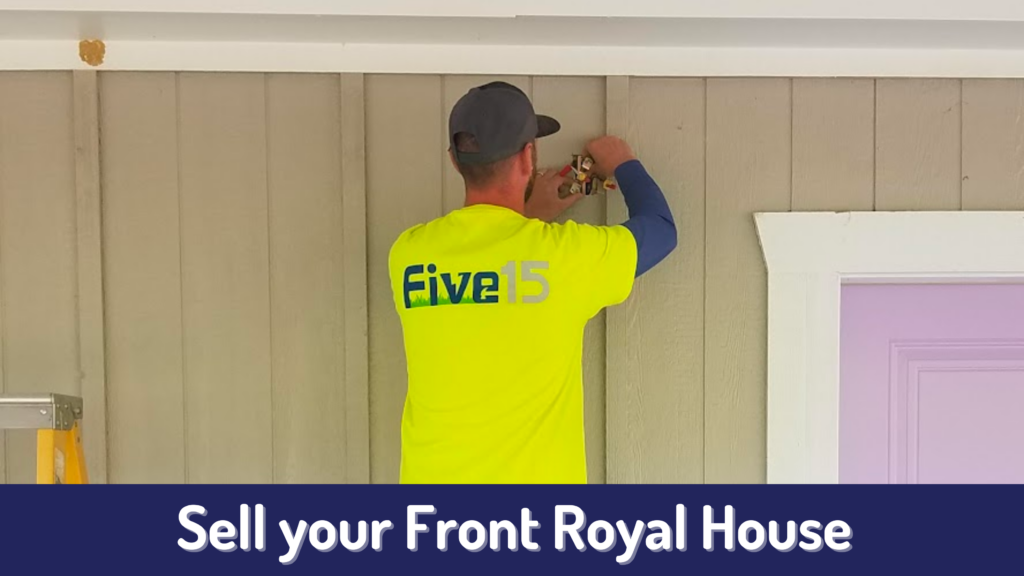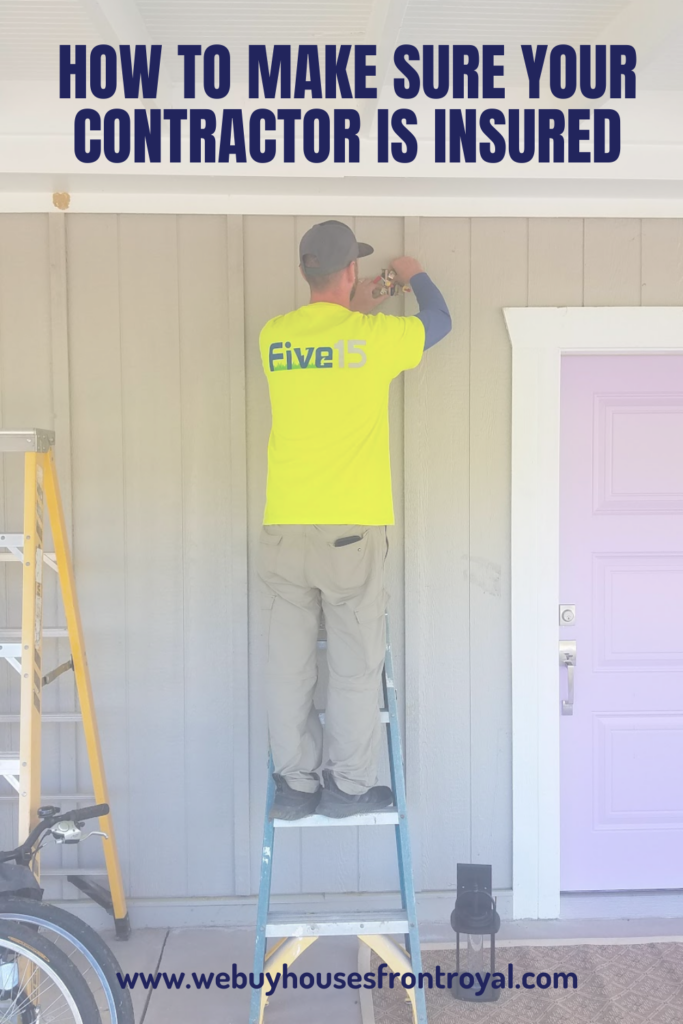
You’ve been dreaming of renovating your cramped, outdated kitchen for what feels like forever. Now, at last, you have the budget and the opportunity to make it happen. Excitedly, you reach out to friends and colleagues for contractor recommendations and hire the first one suggested—without realizing you need to confirm that your contractor is insured in Front Royal. Thankfully, with a stroke of luck, the renovation proceeds without a hitch, and you’re thrilled with the outcome.
However, things could have taken a disastrous turn if your contractor hadn’t been insured and fortune hadn’t smiled upon you. This is precisely why so many home renovation shows highlight the aftermath of poorly executed jobs by unscrupulous contractors. You can avoid falling into such a predicament by ensuring your contractor is both reputable and fully insured.

Understanding Bonding and Insurance
Many reputable contractors will proudly state they are “bonded and insured.” But what does that really entail?
A surety bond protects you if the contractor abandons the project or fails to deliver quality work. This means you won’t have to dip into your own savings or homeowner’s insurance to resolve any issues that arise.
On the other hand, a contractor’s insurance safeguards you against financial loss from damages or legal claims. If something goes wrong during the renovation—like damage to your home—your insurance won’t have to cover the repairs. Furthermore, if an employee of the contractor is injured while working on your project, you won’t be held liable.
Types and Adequacy of Insurance
Ensuring your contractor is insured in Front Royal is just the starting point; it’s equally important to verify that they have sufficient coverage and the right types of insurance.
First, consider whether their insurance will cover significant damage to your property. For instance, if you own a $1.5 million home, and their insurance only covers $500,000, it’s time to keep searching.
Your contractor should carry general liability insurance, which typically includes:
- Liability Insurance: Protects you against injuries to yourself or your family and shields you from lawsuits.
- Workers’ Compensation: Covers injuries to the contractor’s employees (note that this isn’t always required for smaller contractors, so inquire about it).
- Property Damage Insurance: Covers any damage to your home during the renovation.
Essential Steps to Verify Insurance
So, how can you ensure your contractor is insured in Front Royal? Here are several steps to minimize your risk and select a trustworthy, insured contractor:
- Research the Contractor: Check their standing with the Better Business Bureau.
- Request References: Speak to previous clients to gauge their experiences.
- Conduct a Detailed Meeting: Have an in-depth discussion with the contractor before signing anything.
- Verify Insurance and Bonding: Ask to see the relevant documents.
- Get Everything in Writing: Document all work details, milestones, payment schedules, completion dates, and contingency clauses.
Assessing Subcontractor Insurance
If your renovation involves adding a room, the general contractor will likely hire subcontractors for specialized tasks like framing and bricklaying. But are these subcontractors insured?
Sometimes, subcontractors are paid in cash without formal records, leaving them uninsured under the general contractor’s coverage if something goes wrong. Therefore, in addition to checking the contractor’s insurance status, it’s crucial to understand how they handle subcontractors.
Knowing how to verify that your contractor is insured in Front Royal is essential for any significant work on your home. Local real estate professionals can also be a valuable resource when vetting contractors, ensuring you make a well-informed decision.
Importance of Written Agreements
When dealing with subcontractors, it’s vital to have clear, written agreements that outline their responsibilities and insurance coverage. This documentation should specify which tasks each subcontractor will handle and confirm that they possess the necessary insurance. By having these agreements in place, you protect yourself from potential liabilities that could arise from their work. A well-drafted contract can serve as a safeguard, ensuring everyone understands their roles and obligations, thereby reducing the risk of misunderstandings down the line.
Monitoring Progress and Communication
Once the renovation begins, maintaining open lines of communication with both your general contractor and any subcontractors is essential. Regular check-ins can help you stay informed about the project’s progress and any potential issues that may arise. If you notice anything concerning—whether it’s the quality of work or adherence to safety protocols—address it promptly. Proactive communication can prevent minor problems from escalating into significant liabilities, ensuring that your project stays on track and within the bounds of safety and insurance requirements.
What Do You Have To Lose? Get Started Now…
We buy houses in ANY CONDITION in VA. There are no commissions or fees and no obligation whatsoever. Start below by giving us a bit of information about your property or call or text at (540) 212-4047.

Contractor Insurance | Home Renovation | Bonding and Insurance | Subcontractor Coverage
